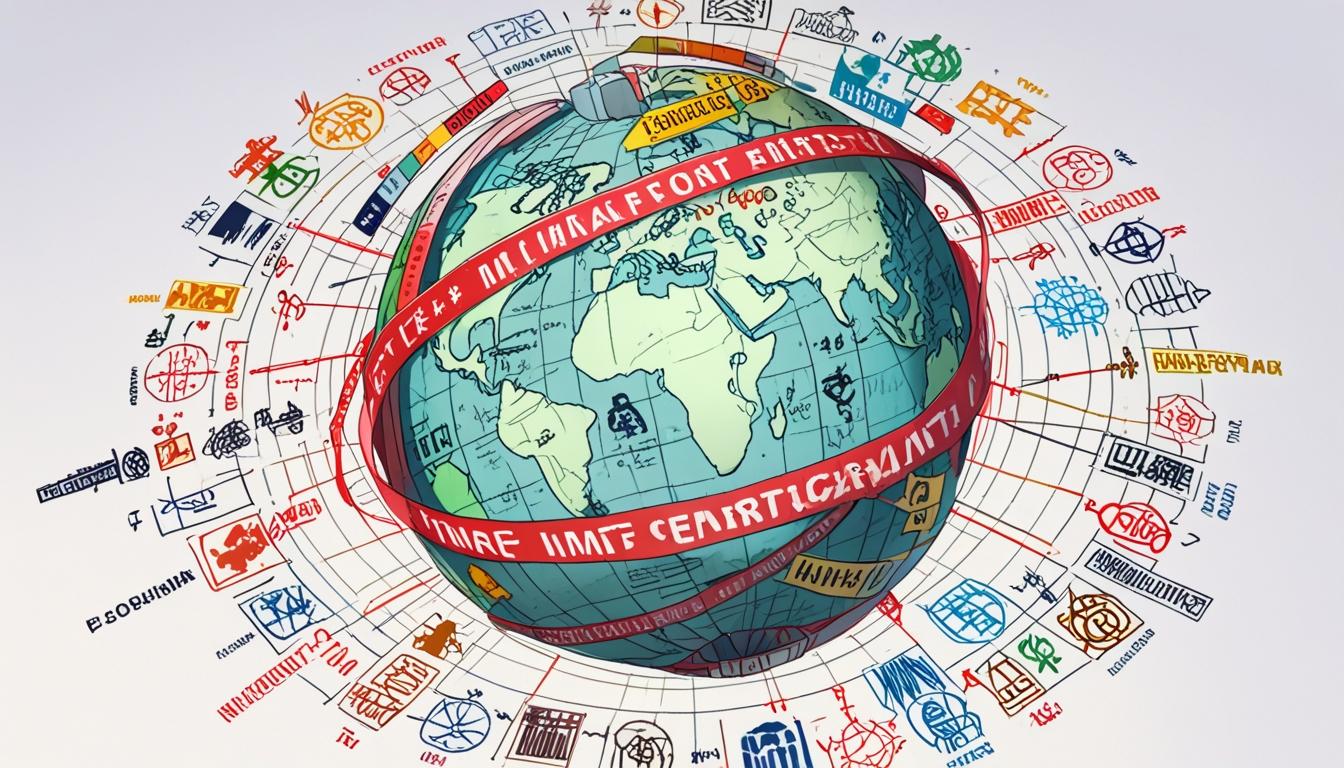The International Monetary Fund (IMF) has sharply revised down its global economic growth projections for 2025, citing escalating geopolitical tensions, trade conflicts, and increases in tariff rates. In its April World Economic Outlook report, the IMF lowered its forecast for global GDP growth to 2.8%, a significant decrease from the 3.3% predicted in January. The United States' economic growth forecast also saw a notable cut, from 2.7% to 1.8%.
The report highlighted the intensifying downside risks facing the global economy, attributing these to escalating trade tensions and adjustments in financial markets. The IMF emphasised that "divergent and swiftly changing policy positions or deteriorating sentiment could lead to even tighter global financial conditions."
The Fund forecasts a moderation in global growth during 2025, followed by a steady rate in 2026. However, it warned that this growth level is insufficient to accelerate progress towards sustainable economic development. The report expressed concern over tariff hikes, stating they would likely reduce real wages and disrupt global supply chains. The IMF described current tariff rates as having risen to "levels not seen in a century," within an environment of significant unpredictability.
Emerging markets, developing economies, and low-income countries are expected to face disproportionate impacts from tariff increases, according to the IMF. Additionally, the report warned that tighter financial conditions could exacerbate external, fiscal, and debt vulnerabilities, potentially jeopardising financial stability and hindering economic progress.
Regarding policy responses, the IMF stressed that domestic policymaking serves as the "first line of defense" against deteriorating global financial conditions. It recommended that fiscal policies should protect fiscal sustainability, rebuild buffers, remain conducive to growth, and catalyse both public and private investments aimed at productivity-enhancing reforms. Furthermore, the IMF urged central banks to continue prioritising price and financial stability consistent with their mandates.
The report called on countries to collaborate in fostering a stable and predictable trade environment and to promote international cooperation while addressing domestic policy gaps and structural imbalances. This approach, the IMF suggested, would help secure both internal and external economic stability. "The path forward demands clarity and coordination," the report affirmed.
To mitigate market uncertainty and volatility, the IMF proposed collective efforts among countries to promote trade stability, facilitate debt restructuring, and tackle shared challenges. Addressing domestic policy and structural imbalances was also deemed essential to stabilise national economies. The report concluded that such measures would assist in rebalancing growth-inflation trade-offs, rebuilding fiscal buffers, rejuvenating medium-term growth prospects, and reducing global imbalances.
The IMF emphasised that central banks face the priority of fine-tuning monetary policy to fulfil their mandates and maintain price and financial stability amid increasingly difficult trade-offs posed by the current economic environment.
Source: Noah Wire Services
